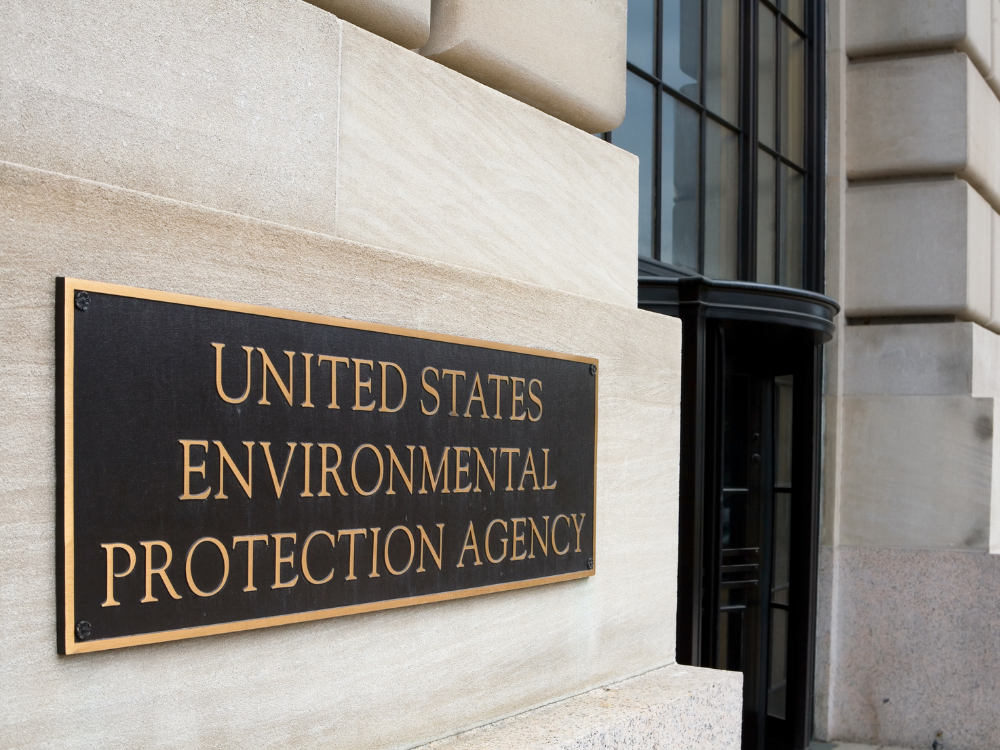The Environmental Protection Agency of the United States has moved to propose an outright ban on chrysolite asbestos, which is the most common form of it that is still available in the US.
Sometimes known as “white asbestos”, it remains on the market despite widespread bans on manufacture and export in other countries and decades of research showing its status as a deadly carcinogen, linked to 40,000 deaths a year in the US alone.
The proposed changes would ban all manufacture, processing, importation and commercial distribution of six categories of products that contain chrysolite asbestos, which the agency believes covers all current uses in the US.
“This is a huge step forward,” said Betsy Southerland, who directed science and technology in the EPA’s Office of Water before retiring in 2017.
“We finally are catching up with the rest of the world.”
Almost 70 countries worldwide have banned asbestos.
Philip Landrigan, who directs Boston College’s global public health program, said that “Every country around the world that has either banned or reduced asbestos has seen a fall in disease and death.”
The US has tried several times to ban asbestos. In 1989, the EPA blocked most uses of asbestos under the Toxic Substances Control Act, but the asbestos industry challenged the legislation, and a federal appeals court overturned the ban two years later.
In 2016, the Obama administration amended the act to remove some of the barriers to the existing law, which saw only five substances banned using the EPA’s authority. At the time, the President noted that the original law was “so burdensome that our country hasn’t even been able to uphold a ban on asbestos — a known carcinogen.”
In 2019, the Trump administration issued a rule that limited the use of asbestos but did not ban it – it also narrowed the risk evaluation of asbestos and focused only on chrysolite, which excluded legacy asbestos, like that found in older homes.
The proposed new asbestos ban is “a landmark step forward,” said President of the Asbestos Disease Awareness Organization, Linda Reinstein. “The reality is now we have part one. But anything less than a full ban doesn’t protect public health.”




